-
 Thanh toán đa dạng, linh hoạtChuyển khoản ngân hàng, thanh toán tại nhà...
Thanh toán đa dạng, linh hoạtChuyển khoản ngân hàng, thanh toán tại nhà... -
 Miễn Phí vận chuyển 53 tỉnh thànhMiễn phí vận chuyển đối với đơn hàng trên 1 triệu
Miễn Phí vận chuyển 53 tỉnh thànhMiễn phí vận chuyển đối với đơn hàng trên 1 triệu -
 Yên Tâm mua sắmHoàn tiền trong vòng 7 ngày...
Yên Tâm mua sắmHoàn tiền trong vòng 7 ngày...
Doctor's Best Vitamin C with Q-C - Vitamin C 1000mg Non-GMO, Vegan, Gluten Free, Soy Free, Sourced from Scotland Veggie Caps, 120 Count
-

- Mã sản phẩm: B005CD3J4O
- (9578 nhận xét)

- Product Dimensions:2.63 x 2.63 x 5 inches; 6.4 Ounces
- Item Weight:6.4 Ounces
- Manufacturer:Doctor's Best
- ASIN:B005CD3J4O
- Country of Origin:USA
- Item model number:DRB-00257
- Customer Reviews:4.8 out of 5 stars 9,693Reviews
- Best Sellers Rank:#4,766 in Health & Household (See Top 100 in Health & Household) #48 in Vitamin C Supplements #559 in Diet & Sports Nutrition #776 in Sales & Deals
- Is Discontinued By Manufacturer:No
- Date First Available:July 12, 2011
- Age Range (Description):Adult
- Specific Uses For Product:Healthy Immune System, Antioxidant
- Special Ingredients:Vitamin C contains Quali-
- Unit Count:120 Count
- Number of Items:1
- Model Name:Vitamin C with QualiC 1000 mg - Veggie Caps
- Allergen Information:Gluten Free
- Item Dimensions LxWxH:2.63 x 2.63 x 5 inches
- Dosage Form:1000
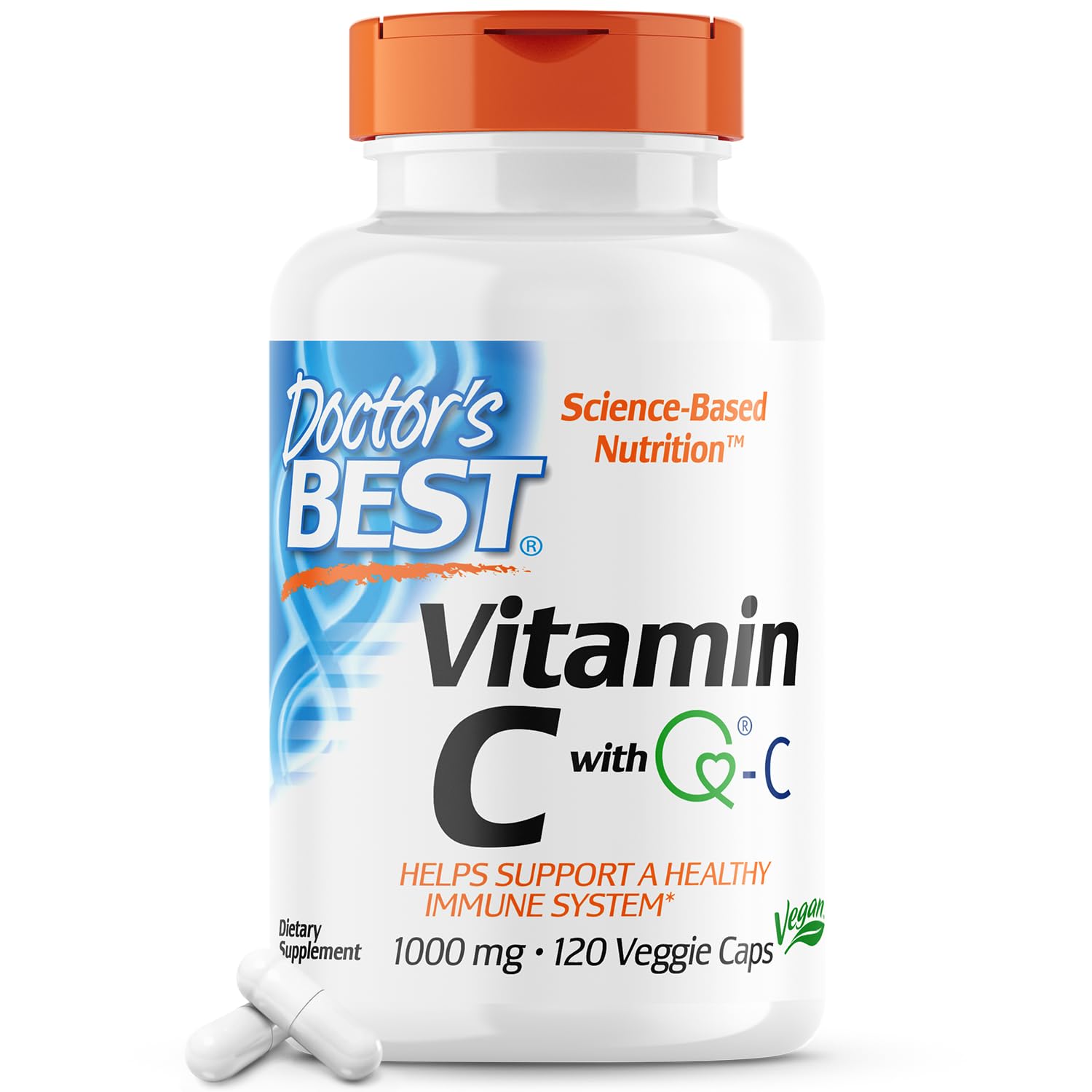
From the manufacturer
Description
Vitamin C is a key compound in the body’s “antioxidant network,” a chain of synergistic, inextricability linked, well-studied antioxidants that includes glutathione (GSH) and vitamin E. When vitamin E uses its antioxidant function in neutralizing free radicals, it also loses this antioxidant function. Vitamin C can change this status; it can regenerate vitamin E back to its native form, and is thought to “spare” glutathione in the body as well. Importantly, when ascorbate donates an electron and becomes itself oxidized, or “consumed,” the ascorbate radical is relatively harmless. In a double-blind, placebo-controlled study in which blood GSH was measured in healthy subjects at several stages, 500 mg of vitamin C taken daily for 2 weeks significantly raised erythrocyte (red blood cell) glutathione levels. The researchers concluded that vitamin C supplementation at that level can benefit the overall antioxidant capacity of the blood. In another study of similar design, 1000 mg of vitamin C taken daily for 4 weeks bolstered vitamin E and glutathione content in erythrocyte cell membranes, compared with placebo. The highest concentrations of vitamin C in the body are found in the central nervous system (in neurons of the brain & spinal cord) and the adrenal glands. Although the presence of ascorbate in neurons is in part explained by its neuromodulatory enzyme activity, its high concentration suggests that vitamin C is so greatly retained by neurons in order to address the higher rates of oxidative metabolism experienced by the brain. This has led to the conclusion that under normal conditions, vitamin C helps safeguard the integrity of neurons (and therefore the brain), largely through neutralization of the free radicals of reactive oxygen species (ROS). Low levels of blood vitamin C and the resulting accumulation of ROS are thought to be detrimental—especially to aging populations.
Vitamin C is a key compound in the body’s “antioxidant network,” a chain of synergistic, inextricability linked, well-studied antioxidants that includes glutathione (GSH) and vitamin E. When vitamin E uses its antioxidant function in neutralizing free radicals, it also loses this antioxidant function. Vitamin C can change this status; it can regenerate vitamin E back to its native form, and is thought to “spare” glutathione in the body as well. Importantly, when ascorbate donates an electron and becomes itself oxidized, or “consumed,” the ascorbate radical is relatively harmless. In a double-blind, placebo-controlled study in which blood GSH was measured in healthy subjects at several stages, 500 mg of vitamin C taken daily for 2 weeks significantly raised erythrocyte (red blood cell) glutathione levels. The researchers concluded that vitamin C supplementation at that level can benefit the overall antioxidant capacity of the blood. In another study of similar design, 1000 mg of vitamin C taken daily for 4 weeks bolstered vitamin E and glutathione content in erythrocyte cell membranes, compared with placebo. The highest concentrations of vitamin C in the body are found in the central nervous system (in neurons of the brain & spinal cord) and the adrenal glands. Although the presence of ascorbate in neurons is in part explained by its neuromodulatory enzyme activity, its high concentration suggests that vitamin C is so greatly retained by neurons in order to address the higher rates of oxidative metabolism experienced by the brain. This has led to the conclusion that under normal conditions, vitamin C helps safeguard the integrity of neurons (and therefore the brain), largely through neutralization of the free radicals of reactive oxygen species (ROS). Low levels of blood vitamin C and the resulting accumulation of ROS are thought to be detrimental—especially to aging populations.
- Mua astaxanthin uống có tốt không? Mua ở đâu? 29/10/2018
- Saffron (nhụy hoa nghệ tây) uống như thế nào cho hợp lý? 29/09/2018
- Saffron (nghệ tây) làm đẹp như thế nào? 28/09/2018
- Giải đáp những thắc mắc về viên uống sinh lý Fuji Sumo 14/09/2018
- Công dụng tuyệt vời từ tinh chất tỏi với sức khỏe 12/09/2018
- Mua collagen 82X chính hãng ở đâu? 26/07/2018
- NueGlow mua ở đâu giá chính hãng bao nhiêu? 04/07/2018
- Fucoidan Chính hãng Nhật Bản giá bao nhiêu? 18/05/2018
- Top 5 loại thuốc trị sẹo tốt nhất, hiệu quả với cả sẹo lâu năm 20/03/2018
- Footer chi tiết bài viết 09/03/2018
- Mã vạch không thể phân biệt hàng chính hãng hay hàng giả 10/05/2023
- Thuốc trắng da Ivory Caps chính hãng giá bao nhiêu? Mua ở đâu? 08/12/2022
- Nên thoa kem trắng da body vào lúc nào để đạt hiệu quả cao? 07/12/2022
- Tiêm trắng da toàn thân giá bao nhiêu? Có an toàn không? 06/12/2022
- Top 3 kem dưỡng trắng da được ưa chuộng nhất hiện nay 05/12/2022
- Uống vitamin C có trắng da không? Nên uống như thế nào? 03/12/2022
- [email protected]
- Hotline: 0909977247
- Hotline: 0908897041
- 8h - 17h Từ Thứ 2 - Thứ 7
Đăng ký nhận thông tin qua email để nhận được hàng triệu ưu đãi từ Muathuoctot.com
Tạp chí sức khỏe làm đẹp, Kem chống nắng nào tốt nhất hiện nay Thuoc giam can an toan hiện nay, thuoc collagen, thuoc Dong trung ha thao , thuoc giam can LIC, thuoc shark cartilage thuoc collagen youtheory dau ca omega 3 tot nhat, dong trung ha thao aloha cua my, kem tri seo hieu qua, C ollagen shiseido enriched, và collagen shiseido dạng viên , Collagen de happy ngăn chặn quá trình lão hóa, mua hang tren thuoc virility pills vp-rx tri roi loan cuong duong, vitamin e 400, dieu tri bang thuoc fucoidan, kem chống nhăn vùng mắt, dịch vụ giao hang nhanh nội thành, crest 3d white, fine pure collagen, nên mua collagen shiseido ở đâu, làm sáng mắt, dịch vụ cho thue kho lẻ tại tphcm, thực phẩm tăng cường sinh lý nam, thuoc prenatal bổ sung dinh dưỡng, kem đánh răng crest 3d white, hỗ trợ điều trị tim mạch, thuốc trắng da hiệu quả giúp phục hồi da. thuốc mọc tóc biotin
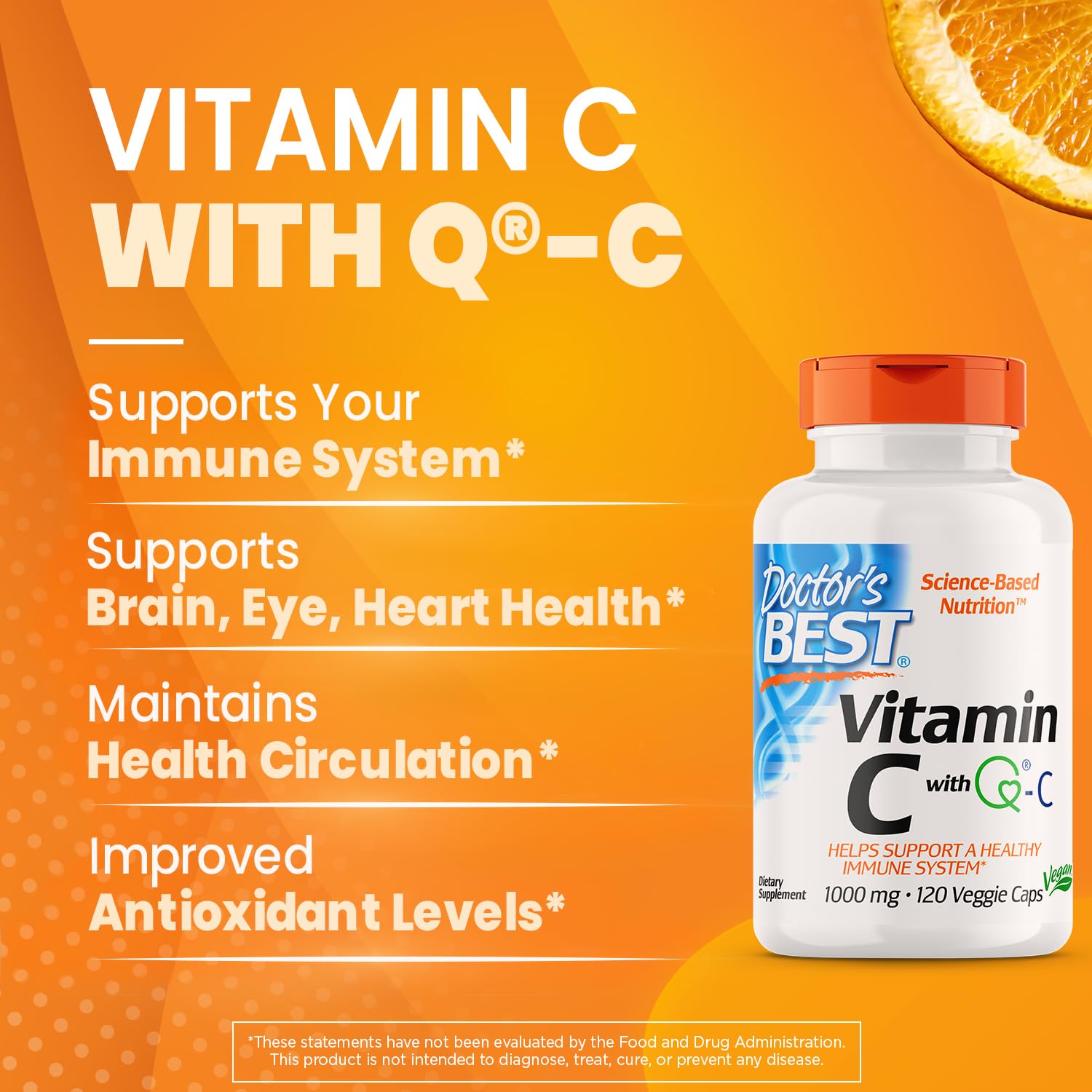
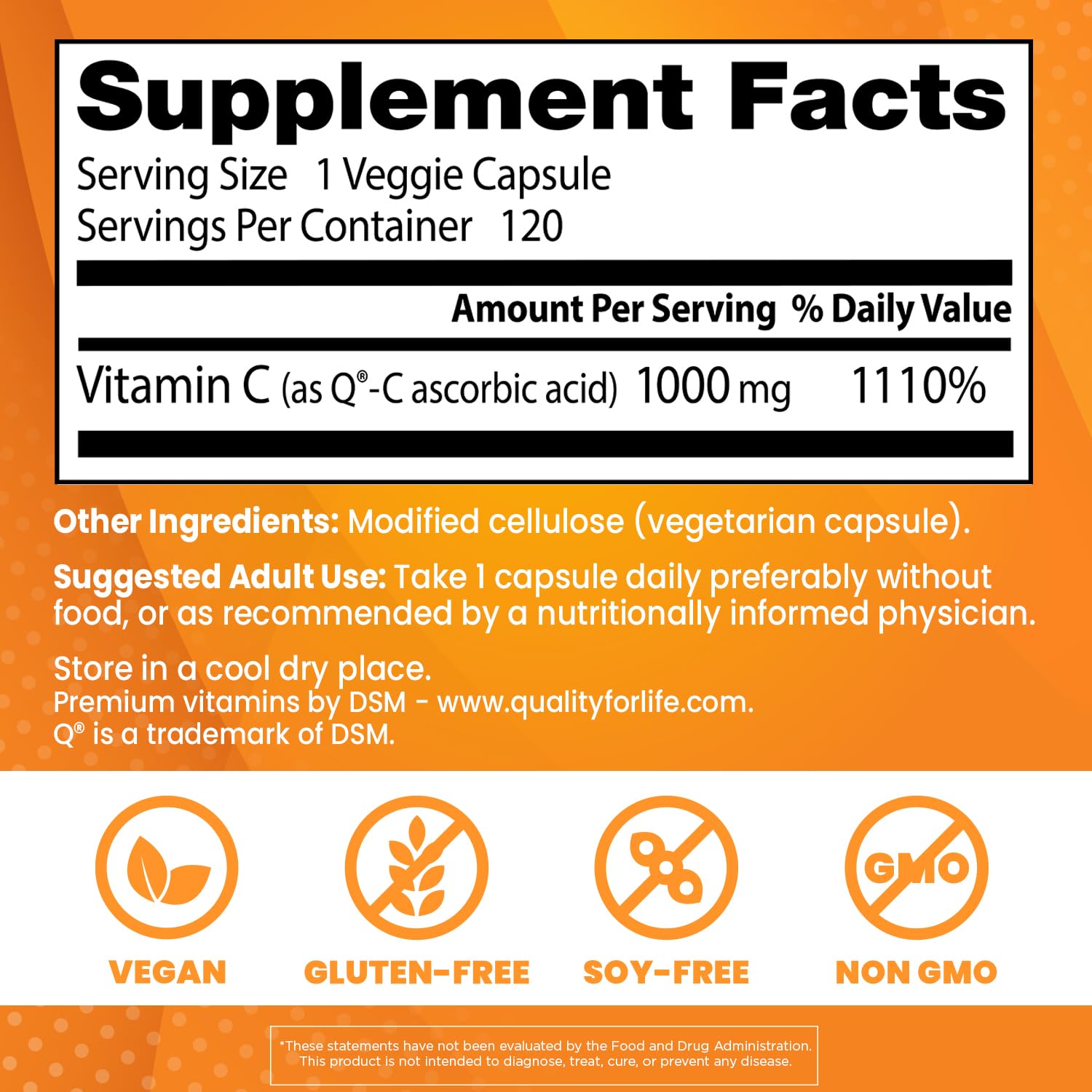
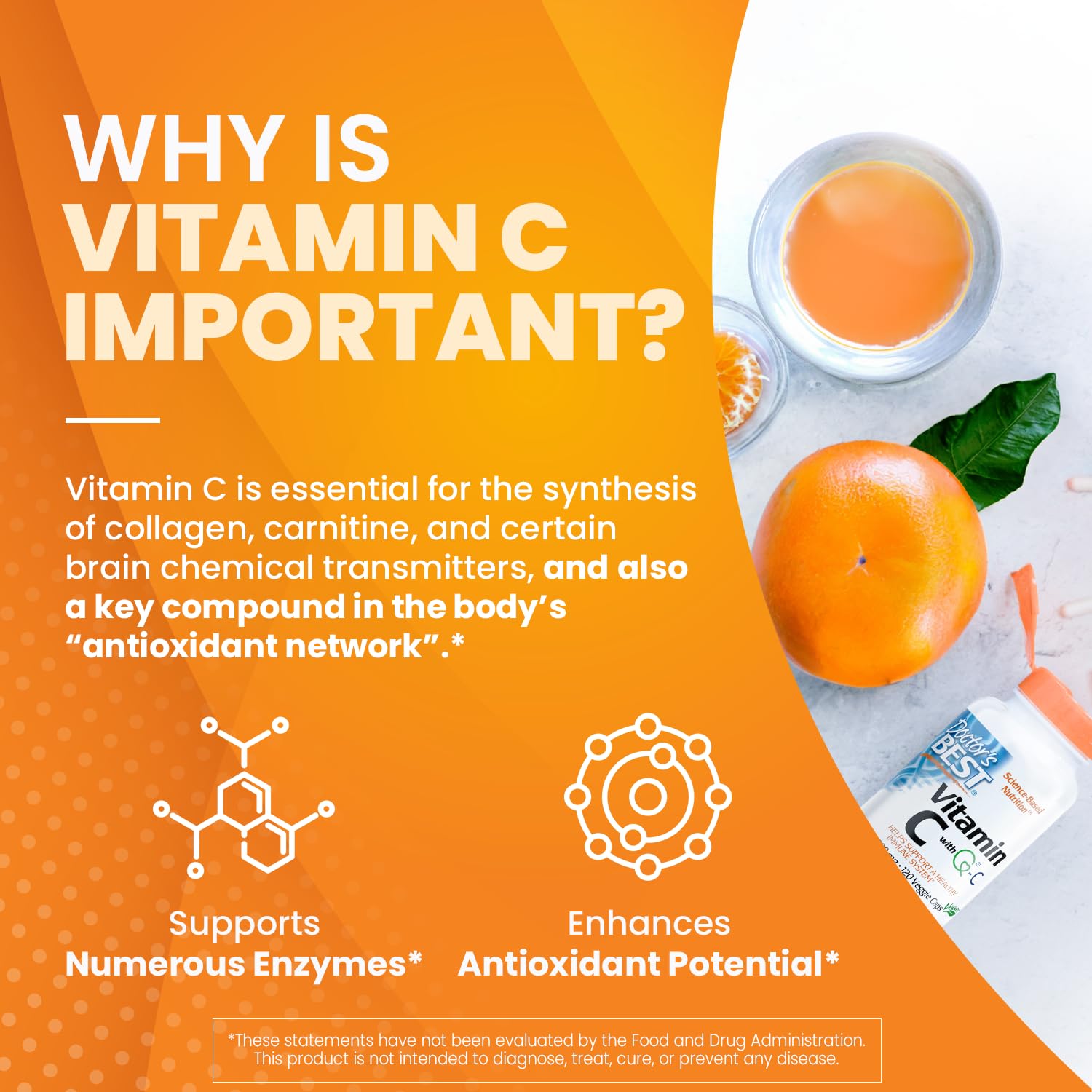















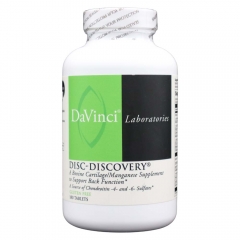

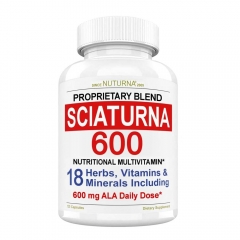


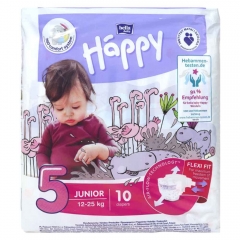



 KHUYẾN MÃI LỚN
KHUYẾN MÃI LỚN Hỗ Trợ Xương Khớp
Hỗ Trợ Xương Khớp Bổ Não & Tăng cường Trí Nhớ
Bổ Não & Tăng cường Trí Nhớ Bổ Sung Collagen & Làm Đẹp
Bổ Sung Collagen & Làm Đẹp Bổ Thận, Mát Gan & Giải Độc
Bổ Thận, Mát Gan & Giải Độc Chăm Sóc Sức khỏe Nam Giới
Chăm Sóc Sức khỏe Nam Giới Chăm Sóc Sức khỏe Nữ Giới
Chăm Sóc Sức khỏe Nữ Giới Chăm sóc Sức khỏe Trẻ Em
Chăm sóc Sức khỏe Trẻ Em Thực Phẩm Giảm Cân, Ăn Kiêng
Thực Phẩm Giảm Cân, Ăn Kiêng Bổ Sung Vitamin & Khoáng Chất
Bổ Sung Vitamin & Khoáng Chất Bổ Tim Mạch, Huyết Áp & Mỡ Máu
Bổ Tim Mạch, Huyết Áp & Mỡ Máu Bổ Mắt & Tăng cường Thị lực
Bổ Mắt & Tăng cường Thị lực Điều Trị Tai Mũi Họng
Điều Trị Tai Mũi Họng Sức Khỏe Hệ Tiêu hóa
Sức Khỏe Hệ Tiêu hóa Chăm Sóc Răng Miệng
Chăm Sóc Răng Miệng Chống Oxy Hóa & Tảo Biển.
Chống Oxy Hóa & Tảo Biển.